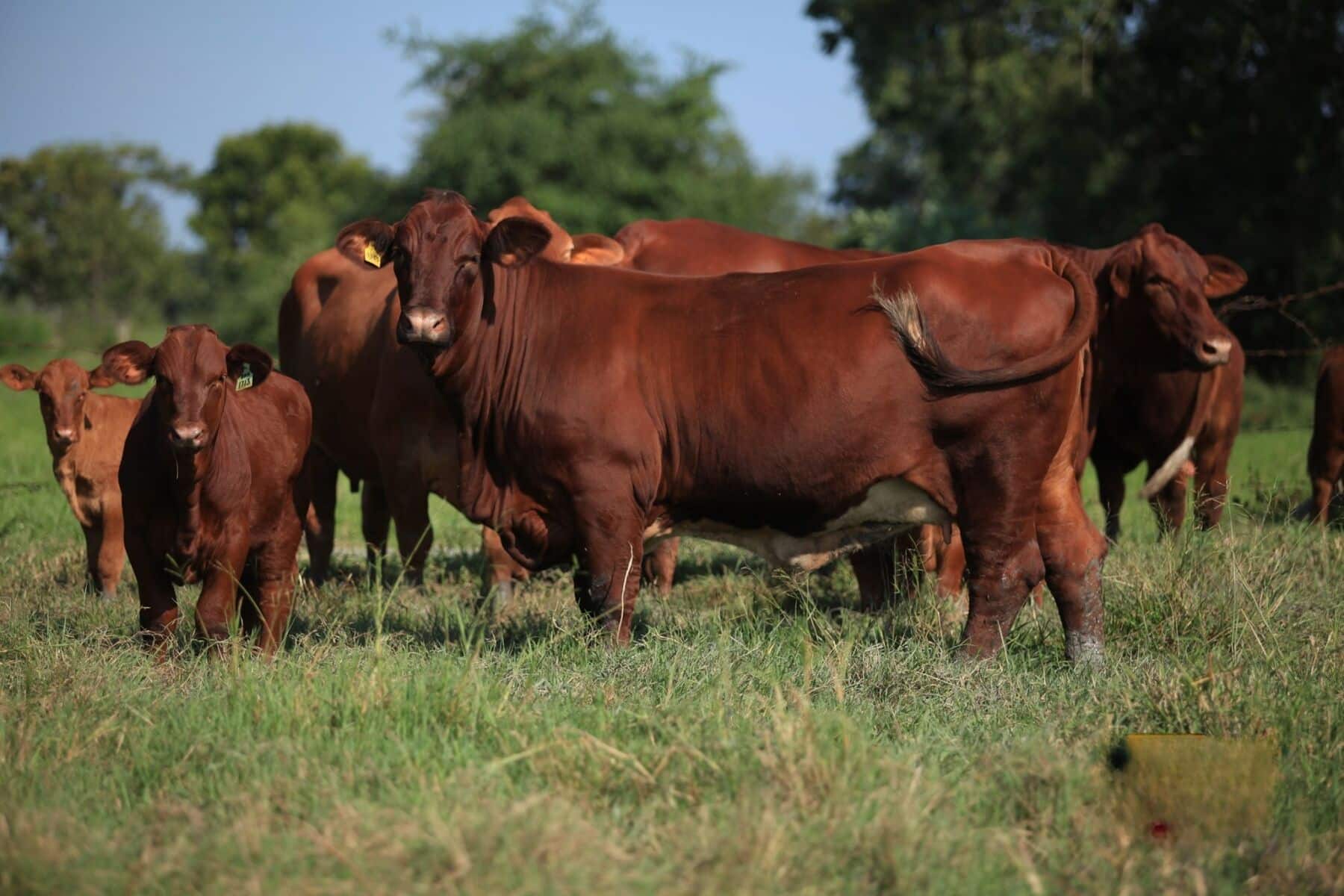Moo-ving madness: Thai farmers in a flap over US beef plan

Thailand’s beef farmers are kicking up a rumpus over government plans to welcome hormone-pumped US meat, branding it a dangerous trade-off that could gut their livelihoods and threaten national food security.
The Beef Cattle Association of Thailand, backed by more than 60 allied groups, stormed the Ministry of Agriculture and Cooperatives this week to protest a controversial proposal that could see American beef, and offal, hit Thai shelves in a trade deal.
Worried farmers say the plan to allow US beef imports in exchange for narrowing the trade deficit is a recipe for disaster, especially with the domestic market already bruised by cheap meat from Australia and New Zealand.
Sitthiporn Boorananath, vice president of the association, revealed that farmers have already fired off a protest letter to the prime minister.
“We believe that permitting beef and offal imports from the US will only worsen the hardships faced by farmers. We are already affected by free trade agreements with Australia and New Zealand.”
One of the key concerns is health and safety. The association argues the US beef may contain growth hormones – a practice banned in Thailand and some of these hormones have been flagged as potential cancer risks, said Sitthiporn.
“The policy will directly impact Thai cattle farmers, encompassing approximately 1.4 million households, with over 9.6 million cattle valued at more than 288 billion baht.”

Sitthiporn also took aim at the government’s handling of the situation, accusing ministers of sidelining small-time cattle farmers from the conversation.
“The government prioritised large pork producers before retracting, yet now there’s an initiative to import beef or beef offal.”
The group is now planning to take its petition to both the finance and commerce ministers, demanding a U-turn on the proposal.
Sewiang Saengkhaw, a beef farmer from Phatthalung, echoed the outcry, saying rural livelihoods are hanging in the balance.
“The government views the policy as a bargaining tool to negotiate reduced import taxes for Thai products in the United States.
“The imports would harm local cattle farmers, particularly small-scale ones, already suffering from low cattle prices, some of whom have ceased farming altogether.”
Beyond the domestic damage, farmers fear Thailand’s international reputation could take a hit. Countries like Malaysia, Vietnam and China, known for their strict anti-hormone meat policies, might turn their backs on Thai beef if the US meat starts flooding in.
The Thai Cattle Association is urging the government to think twice before opening the gates, warning that the move could decimate the local cattle trade and rock the economy for years to come.
Latest Thailand News
Follow The Thaiger on Google News:


























